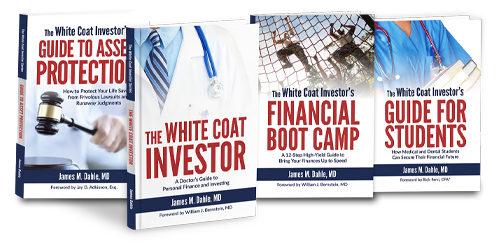Real Estate Update
20% of our portfolio goes into real estate. I find the asset class attractive for its low correlation with my stocks and bonds and its high returns. In exchange, there are some unique risks and significantly increased hassle. In this post, I update you on how things are going.








